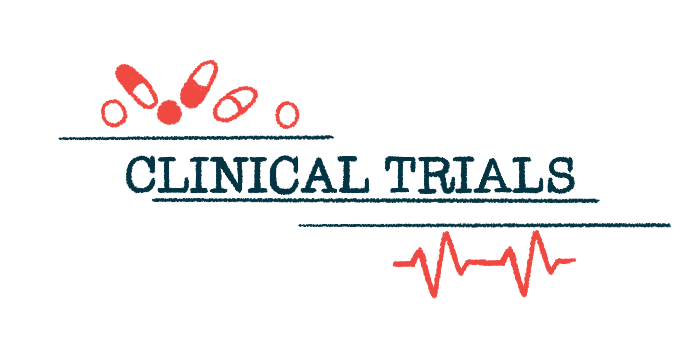CDX-7108 shows promise for EPI, common CF symptom, in early trial
Fat absorption boosted in participants with exocrine pancreatic insufficiency
Written by |

CDX-7108, an oral therapy being developed by Codexis for exocrine pancreatic insufficiency (EPI) — which is common in people with cystic fibrosis (CF) — may safely improve fat absorption, according to interim data from an ongoing Phase 1 clinical trial.
The trial, sponsored by Nestlé Health Science, is underway in Australia and New Zealand and is currently enrolling participants.
“We are excited by the early clinical data for CDX-7108, the most advanced candidate from our partnership with Nestlé Health Science,” Stephen Dilly, PhD, president and CEO of Codexis, said in a press release. “Preliminary data from an interim analysis of our Phase 1 study proof-of-concept arm has shown indication of improved lipid [fat] absorption when patients were administered CDX-7108 versus placebo.”
Partners plan to start Phase 2 study next year, pending approval
Codexis and Nestlé Health Science are planning to file an investigational new drug application to initiate a Phase 2 study next year, with topline data expected in 2025.
“Patients who suffer from exocrine pancreatic insufficiency are in need of new treatment options,” said Hans-Juergen Woerle, MD, chief scientific and medical officer of Nestlé Health Science. “This interim Phase 1 data suggests that CDX-7108 could be that potential new option and we are excited to move forward to a Phase 2 clinical trial. We are pleased with this positive update and are proud to be driving the development of a novel approach for this condition as part of our strategic collaboration with Codexis.”
EPI occurs in CF as a result of the accumulation of thick mucus in the pancreas that prevents the organ from secreting the enzymes required for digestion, particularly of fats.
Currently, the standard treatment for EPI is pancreatic enzyme replacement therapy, wherein enzyme supplements are used to aid digestion and nutrient absorption.
CDX-7108 is an orally administered lipase, or fat-digesting enzyme. It was engineered to be highly stable in the acidic conditions in the stomach, so it can reach the small intestine where digestion mostly takes place. Also, it is resistant to protein-breaking enzymes in the upper intestine.
The Phase 1 trial (NCT05082051) is evaluating the safety, tolerability, and pharmacokinetics of single and multiple escalating doses of CDX-7108, versus a placebo, in 48 healthy adults. Pharmacokinetics refers to a medicine’s movement into, through, and out of the body.
It also includes a proof-of-concept study to assess the pharmacodynamics — the effects on the body — of single doses in 10 EPI patients.
Every trial participant with EPI showed improved fat absorption with CDX-7108
This early analysis included five healthy participants and examined lipid absorption as measured by 13CO2 excretion. Results showed that fat absorption was improved with CDX-7108 when compared to a placebo, as assessed by a significant increase in the cumulative excretion rate of labelled carbon dioxide on breath tests. Every participant with EPI showed improved lipid absorption with CDX-7108.
No safety issues were reported, with no serious adverse events and no treatment discontinuations in the single and multiple ascending dose groups.
“These encouraging data support a path forward further developing CDX-7108 with Nestlé Health Science. We aim for the potential initiation of a Phase 2 study in early 2024,” Dilly added.








